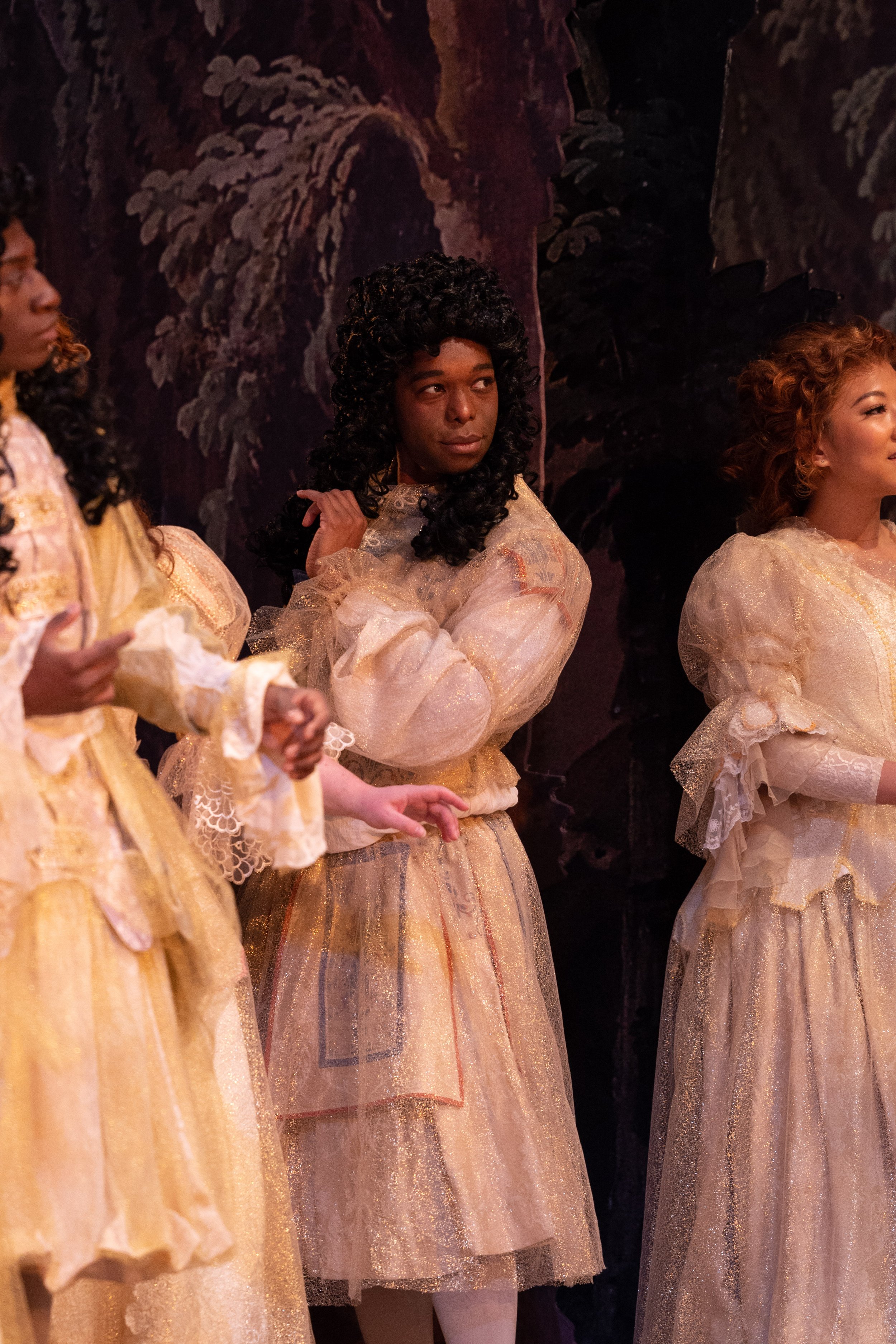Artistic director Barry Shiffman’s Rockport Chamber Music Festival opens Friday, June 9 with the Dover Quartet.
By Keith Powers
The Rockport Chamber Music Festival opens Friday, June 9 with the Dover Quartet. Violist Julianne Lee makes her debut with the quartet in this concert, which makes it particularly notable for Boston audiences. Lee replaces founding member Milena Parajo–van de Stadt. The change wasn’t to be official until September, and maybe it still isn’t.
Lee is leaving the Boston Symphony Orchestra, where she has been assistant principal second violin. She joined the BSO in 2006. It’s not unheard-of for a player to leave the steady life of a major symphony for a nomadic quartet existence, but it’s still a bold personal move.
Dover was formed at Curtis in 2014, and is now ensemble-in-residence there. Lee (Violin, ’05) was at Curtis earlier; she has distinguished performance credentials both as a violist and violinist.
In Rockport, Dover performs quartets by Haydn (The Joke) and Walker (No. 1, from 1946). RCMF artistic director Barry Shiffman joins Dover and others after intermission for the Mendelssohn Octet.
Music on the Hill in East Greenwich has almost concluded; if you’re there, the summer finale is June 10, a fascinating looking program with bookend quintets (Prokofiev and David Anderson, for oboe/clarinet/strings) sandwiching the third Bach solo cello suite (Trevor Handy).
Meeting House Chamber Music Festival opens June 18 in Orleans, its 49th season. Violinist Irina Muresanu joins cellist Sergey Antonov and festival director Donals Enos for the opening concert. Meeting House performs mostly Mondays through July 24 at the Church of the Holy Spirit, Episcopal in Orleans.
There are “middle of nowhere” places in Connecticut, and Music Mountain is one of them. Concerts begin there June 11 (Eleora Piano Quartet), through mid-July on Sundays. The list of ensembles and collaborators is bountiful: Cassatt, Borromeo, Ulysses, Parker, Dalì, Lydian, Balourdet and lots more. Glad to see that old friend to Boston Judith Gordon will appear there on July 2, with the Arianna String Quartet.
Cellist Rafael Popper-Keizer is a familiar face on Boston stages. He directs Monadnock Music, opening June 15 and presenting a couple concerts a week through Aug. Lots to love about the programming, and profoundly happy to see two works by the late Kaija Saariaho on the July 27th program: “Aure” for violin and cello, and the mesmerizing Nocturne for solo violin. Tons of interesting rep all summer. Concerts in various south New Hampshire spots.
The Connecticut Summerfest at the Hartt School Music brings ensembles and composers to work with student composers. Running June 8 through 14, this season’s resident ensembles include Boston-based Hub New Music.
Green Mountain Chamber Music has both faculty and student recitals from June 25 through July 23, if you’re near Colchester. Halcyon Music Festival opens June 15; artistic director Heng-Jin Park will talk about the lineup in next week’s column. Landmarks Orchestra begins its series, now much broader than just Wednesday picnics at the Hatch Shell. Begins June 17, through Aug. 23. The estimable Christopher Wilkins leads the orchestra.
A scene from the Boston Early Music Festival’s extravagant Circé, June 4 at the Emerson Cutler Majestic Theatre. Kathy Wittman photograph
TEASE
The Boston Early Music Festival runs through Sunday; opening night’s opera, Henry Desmarest’s Circé, was another spectacle of early-music extravagance. I was happy to be reviewing for Opera News.
I can’t post the entire report here, but accept this teaser. Or go to the final performances at the Cutler (Friday, Sunday).
Excerpted from Opera News review of Boston Early Music Festival’s Circé, June 4, at the Emerson Cutler Majestic Theatre.
. . . Soprano Karina Gauvin sang the title role, authoritative and masterfully controlled. Statuesque tenor Aaron Sheehan (Ulisse) was joined by the richly textured lower voices of baritones Douglas Williams (Polite) and Jesse Blumberg (Elphénor). Gauvin was joined by sopranos Amanda Forsythe, alluringly precise as Éolie, and Teresa Wakim as Astérie.
At least a dozen choristers had substantial solos as well, exemplifying the depth of vocal expertise in this (as in every) BEMF production.
Costumes, color, sets and effects maintained a continuously replenishing visual field, exciting and deftly coordinated. Luxurious robes (Jérôme Kaplan) regaled not only the soloists, but each dancer and chorus member.
Sets (Gilbert Blin) looked magnificent: mountainous displays of forests, intimidating temples and an unforgettable scene in Hell. Kelly Martin’s lighting—especially lightning effects—boldly added to the carefully planned color schemes, which matched costumes to scenery and to the characters’s frequently shifting affections. While the palette mostly splashed turquoise and burnished reds, it also offered stunning monochromatic moments, notably Éolie’s third-act entrance (with dancers and chorus) in ghastly, shimmering, off-white robes, wigs and masks.
Melinda Sullivan directed the dancers, which included choreographers Marie-Nathalie Lacoursière and Pierre-François Dollé. Dance and informed gesture were essential, not just during interludes but as an integrated part of the storytelling. Soloists, choristers and dancers all contributed to the stately pace and the stylized interactions. Every movement and glance had potency. . . .
There were many striking solo and duet moments—Gauvin’s raging “S’il vous m’aimez, faut-il me taire,” as she transforms Ulisse’s men into swine; the infectious Forsythe singing “Désirs, transports, cruelle impatience”; Wakim and Williams’s extended duet that closes the second act. The instrumental score predominantly accompanied: robust, but not adventurous. There were no instrumental solos.
The strengths of Circé rested on its extravagances.
Karina Gauvin (Circé) and Aaron Sheehan (Ulisse) at the swirling center of attention in Henry Desmarest’s Parisian Baroque Circé. Kathy Wittman photograph




